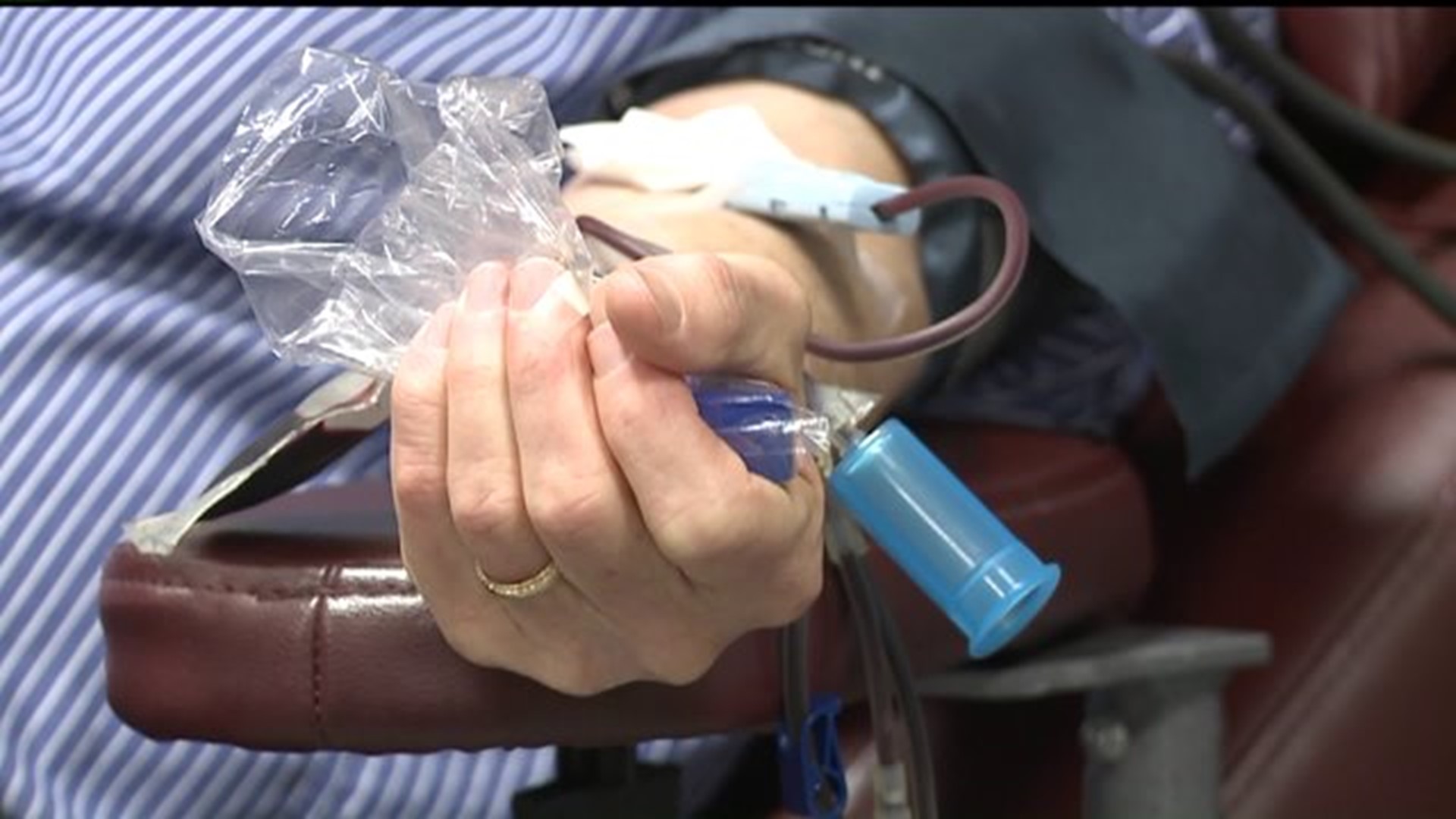The World Health Organization has declared the Zika Virus a public health emergency of international concern.
The virus, which is transmitted by mosquito bites, is expected to infect 3 to 4 million people in the Americas over the next 12 months.
The Quad Cities are included in those numbers.
"It'll happen. If it hasn't happened already, it absolutely will happen," said Dr. Louis Katz, Chief Medical Officer at America's Blood Centers.
As a result, blood centers across the Quad Cities are starting to take precautionary steps by deferring donors who have traveled to places with active Zika Virus Transmission.
"Anyone who has traveled to Mexico, the Caribbean, Latin or South America, we'll ask them to not give blood for just 28 days since they've been home," said Kirby Winn, the Public Relations Director for Mississippi Valley Regional Blood Center.
"The level of risk is very low, but we only tolerate a low-level of risk for the safety of our patients," Winn said.
Medical officials said the Zika Virus is mainly dangerous for pregnant women, causing serious birth defects. For others, the case is not as severe.
"Fever, rash, red eyes, aches and pains, [the symptoms are] very non-specific just like many other infections that you could get without travel," said Dr. Katz. "Once you get it, you develop an immune response, and at that point it's probably gone forever."
That quick recovery should ease the strain on blood donation center, especially those struggling to meet the need.
"We don't want to screen people away unnecessarily and then not have enough blood to provide the hospitals," Winn said.
Health officials recommend women who are pregnant or are trying to get pregnant should not travel to countries where Zika Virus cases are present.

